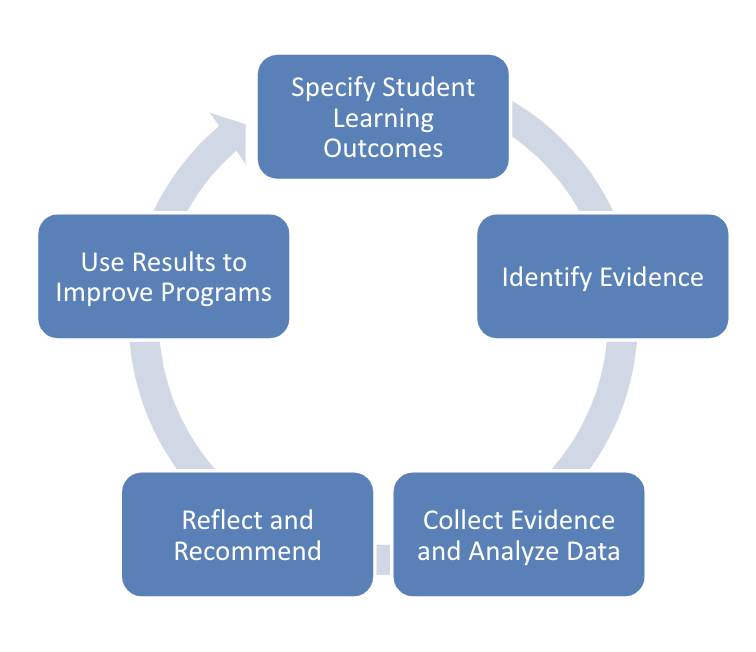Assessment Toolkit & Resources

The purpose of academic assessment at the University of Maine is to improve student learning. The primary goal of our academic assessment is to further develop an environment that supports student learning and continually reflects on the efficacy of our programs. Below are helpful resources to use for program assessment. For a more detailed description of program assessment at UMaine, please refer to the University of Maine Assessment Plan.
